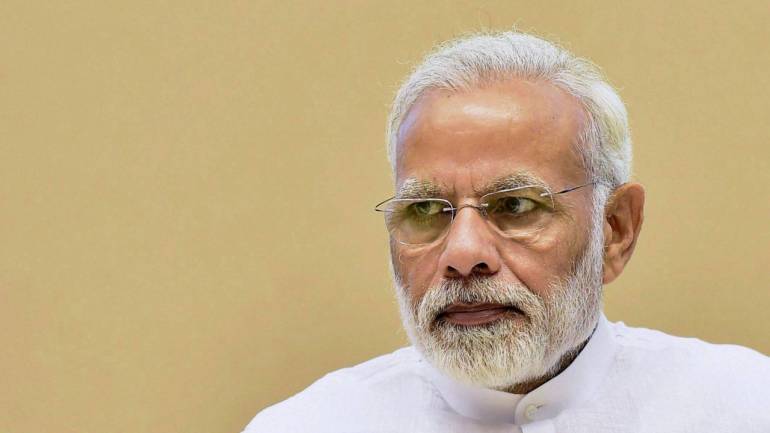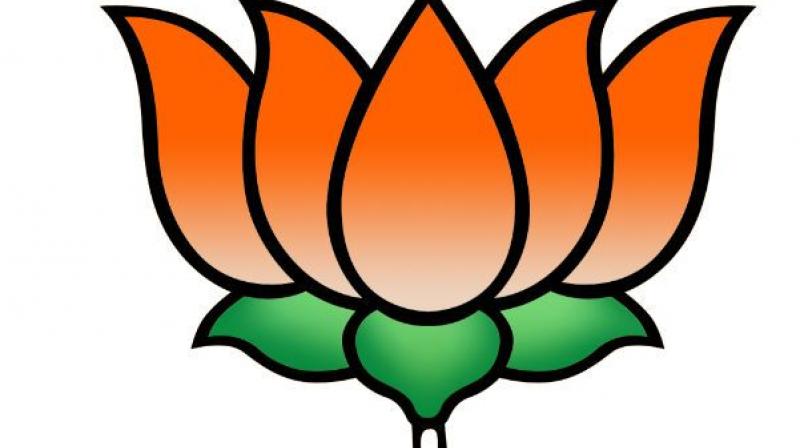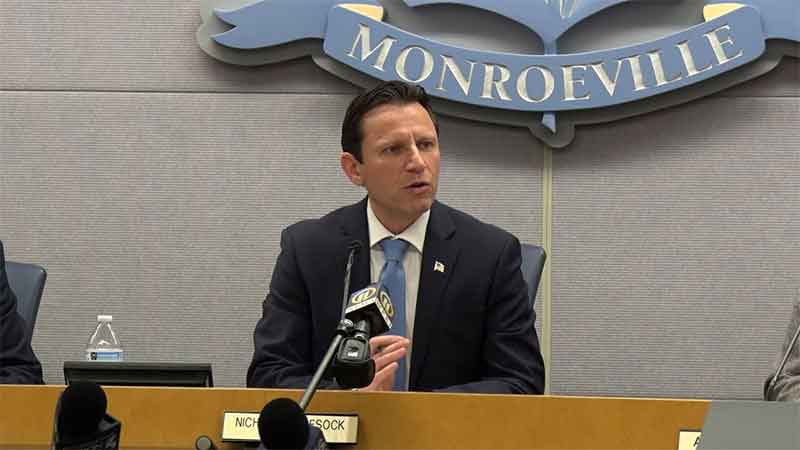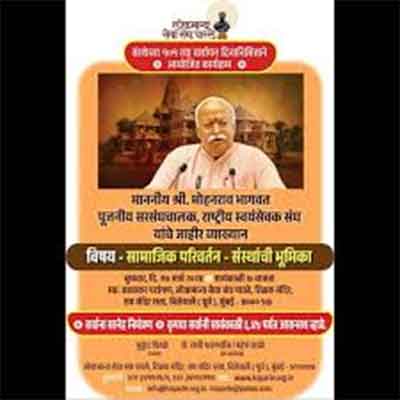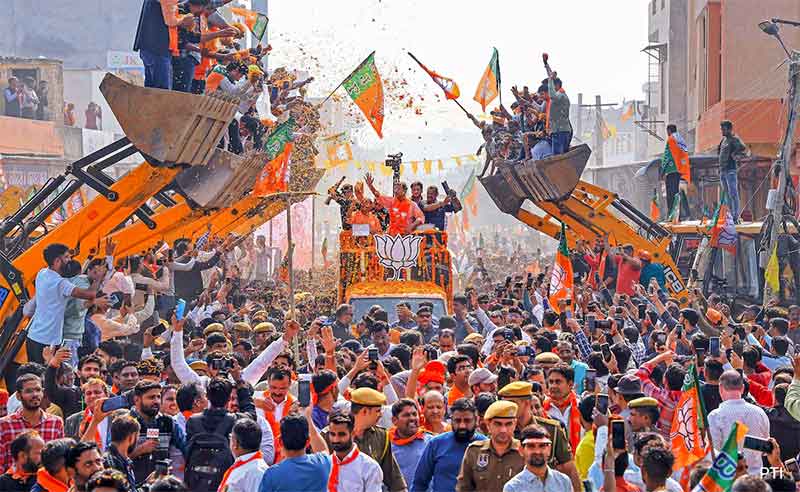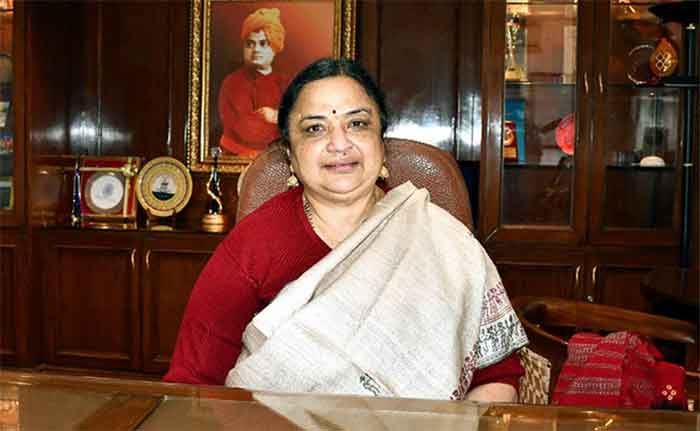
One of the worst developments of 2022 was the electoral victory of the ruling Hindu nationalist Bhartiya Janata Party (BJP) in the Gujarat state of India.
The December 8 assembly polls gave a clear verdict in favour of the BJP, which won 156 out of 182 seats, forming government for seventh term in a row.
Like it or not, the mandate was in support of bigotry and hate by a highly polarized society of Gujarat. If the results are any indication, the fight against Hindu supremacy isn’t over yet, and needs to be continued until the upcoming general election all across India in 2024.
A BJP defeat in Gujarat would have sent a strong message to Prime Minister Narendra Modi and set a tone for the national election. The outcome has disappointed secularists.
Modi himself led the state as Chief Minister before being elected as Prime Minister in 2014.
The infamous 2002 Muslim Genocide occurred under his watch. Thousands of innocent Muslims were targeted in mob violence orchestrated by the BJP leader across Gujarat. Because of that, Modi was denied a US visa until he became the national leader.
The pogroms were started to avenge the deaths of more than 50 passengers of a train carrying Hindu pilgrims. The train caught fire under mysterious circumstances, and Modi had instantly blamed it on Muslims and Pakistan.
He then got re-elected with a brute majority. The BJP was never defeated after that, as Modi was able to muster enough support from the Hindu Right to ensure his ascendance to the highest office.
Even during the recent election, the BJP lost no opportunity to invoke the ghosts of 2002, taking advantage to stoke anti-Muslim prejudices and fear.
Before the election, the rapists of a Muslim woman, Bilkis Bano, were released from jail and given a heroic welcome.
Bano had lost several members of her family in the violence and was gang raped. Her testimony had brought the culprits to book and they were convicted for life, yet they were given amnesty by the government.
Teesta Setalvad, an activist who has been campaigning for justice to Gujarat Muslims, was arrested and thrown behind bars under trumped up charges.
As if this was not enough, Home Minister Amit Shah told voters that the BJP has established permanent peace by teaching a lesson to those involved (read Muslims) in the 2002 violence.
The voters who chose the BJP despite all this clearly made a statement on what kind of society they want.
In the meantime, the corporate world was enamoured by the so-called Gujarat model of development, which was more hype than reality. Since the opposition Congress party which was in power previously had lost its charm and credibility on a number of issues, Modi became a poster boy for the Hindu majority and the elite, paving the way for him to be the future leader of the country.
However, the broader issue is that Modi is an RSS man while his party is its political arm.
Rashtriya Swayamsevak Sangh (RSS) began its journey in 1925 to establish a Hindu theocracy. It remained a fringe force in the beginning, but gradually turned into a “deep state” with complete control over the power structures and the intelligentsia. They have changed the thinking of the masses or poisoned young minds through daily gatherings in different parts of India. Clever enough to get the desired results through social engineering, the threat of RSS cannot be brushed aside. Their proteges like Modi are not like any other career politicians. They are determined to redefine India.
As we head for 2025, the RSS will be thrilled to see India becoming an official Hindu state a century later under Modi.
Gujarat model in reality was an image of the RSS vision for Hindu India, which has almost been achieved. Attacks on religious minorities, especially Muslims and Christians, have increased throughout India under Modi, a situation replicating the one that existed in Gujarat.
Let there be no illusion – Gujarat alone isn’t polarized. The whole of India is on the Gujarat way, and we need to take this seriously. The year 2023 needs to be dedicated to more struggles for an RSS-free India for the sake of diversity and pluralism, so that Modi is ousted from power in 2024. For that, all secularist groups and minorities need to get united under one banner. That should be our New Year’s resolution.
Gurpreet Singh is a journalist

